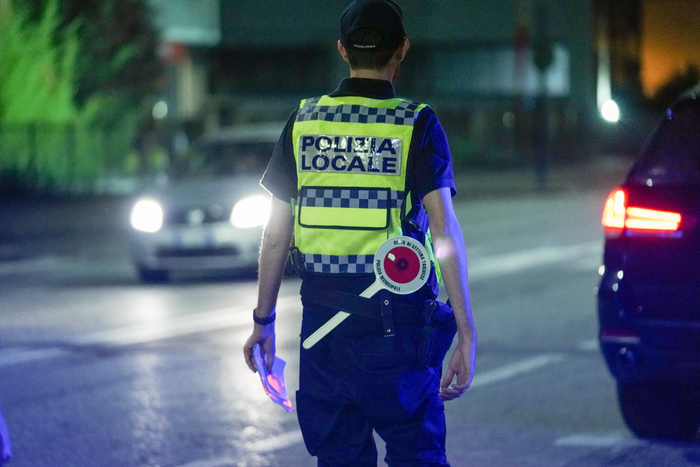The Senate gave the green light Wednesday evening, June 7, to a controversial provision of the Justice bill authorizing the remote triggering of cameras or microphones of phones in certain investigations, despite opposition from the left. Article 3 of the bill of the Minister of Justice Éric Dupond-Moretti, examined at first reading by the senators, nevertheless makes several changes to the criminal procedure.
One of them crystallizes the concerns of the left, lawyers and associations. It provides for the remote triggering of computers and other connected devices, without the knowledge of the persons concerned, for two different purposes. On the one hand, real-time geolocation for certain offences. On the other hand, the activation of microphones and cameras to capture sound and images, which would be reserved for cases of terrorism, delinquency and organized crime.
'The door open to widespread surveillance'
The Observatory of Freedoms and Digital (OLN) has denounced a "security one-upmanship" to transform any connected object into a potential "snitch". The left has tried unsuccessfully to remove in whole or in part provisions deemed "disproportionate". This is "the door open to widespread surveillance," said ecologist Guy Benarroche. "These techniques are already applied," said the minister, but they require the installation of beacons or microphones and cameras, which carries risks for investigators. The provision is "surrounded by important safeguards," he added. In particular, its implementation will have to be approved by a judge.
Against the advice of the minister, the Senate adopted an amendment by the leader of the senators LR Bruno Retailleau which plans to limit the possibility of using geolocation to offences punishable by at least ten years in prison, against five years in the initial text. The left would have liked to go further, notably in the explicit protection of journalists, in the same way as lawyers, magistrates or parliamentarians. Clause 3 of the bill also provides, among other measures, for the extension of night searches for the most serious crimes. The Senate also adopted a government amendment allowing the time limits for the preliminary inquiry to be extended, under certain conditions.








